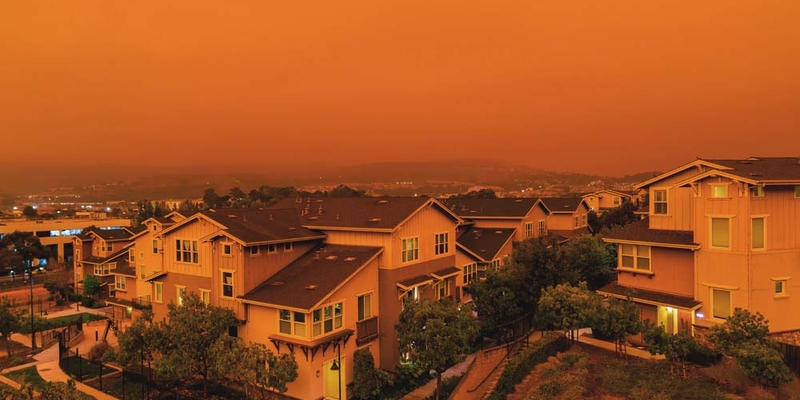
If you are not redirected within 30 seconds, please click here to continue.
Samedi: 10h – 16h HAE

If you are not redirected within 30 seconds, please click here to continue.
If you are not redirected within 30 seconds, please click here to continue.
Western Canada Wildfires: How Evacuees Can Access Insurance Benefits

- Thousands of homes remain under mandatory evacuation orders across three provinces as of publication time. Those residents should be able to access insurance benefits.
- Temporary living costs incurred while under evacuation such as hotel bills, food and potentially even clothing are covered under most standard home insurance policies.
- Yes, the increasing size and frequency of natural disasters due to climate change is already making home insurance more expensive.
Canada’s wildfire season is still far from over, but already thousands of people have been forced from their homes as a result of nearly 1,100 fires to date in British Columbia alone.
Typically, Canada’s westernmost province will see maybe 1,300 wildfires total, but the season usually extends well into September.
As of midday July 15, more than 1,500 properties in B.C. were under evacuation orders with at least 3,000 other homes under evacuation alert, meaning they could be required to evacuate at any time. Several communities in northern Saskatchewan and northern Ontario were also evacuated earlier this week due to the growing risks of encroaching flames.
It remains unclear when most of those residents will learn whether their homes survived. Some, such as the people of Lytton, B.C., already know: the town released an official statement last week declaring that every single residential dwelling in the community, along with virtually all hydro, water and sewer infrastructure, has been destroyed by a recent wildfire.
“Insurers are there to help take some of the anxiety away”
Aaron Sutherland of the Insurance Bureau of Canada said Canada’s insurers “are all-in when it comes to helping the people of Lytton recover and rebuild. The key question will be how many individuals want to rebuild in the area versus taking a cash payout.”
“We’re trying to make sure those folks know the type of support that’s available to them from their insurer. It’s important that insurers are there to help take some of the anxiety away from those individuals and begin that process as quickly as possible,” Mr. Sutherland said.
Standard home and business policies cover fire damage and additional living expenses if residents have to leave their home because of a mandatory evacuation order issued by civil authorities, he said. Anyone who has been ordered to leave their home should keep the receipts for their living expenses, the IBC recommends, as most insurers will cover any reasonable additional living expenses for a specific period of time.
That means any money evacuated homeowners need to spend on hotel rooms or other necessities can potentially be reimbursed by their home insurance provider.
For those who were forced to leave their government-issued identification behind, the Insurance Corp. of B.C. has reached out to evacuation centres so evacuees can be informed about the process of obtaining replacements. The government-owned ICBC is offering free replacement IDs for customers who meet certain conditions by calling 1-800-950-1498.
Climate change is making home insurance more expensive
Some concerns have already been expressed about whether the increasing number of wildfires and other natural disasters will lead to more expensive home insurance. The unfortunate answer, according to a recent RATESDOTCA analysis, is yes.
Average home insurance prices in Ontario and Alberta have grown at multiples of inflation over the past decade. Over the same period, total annual personal property-related insurance claims in Canada have grown by several billion dollars per year as natural disasters become larger and more frequent.
Globally, the economic costs of natural disasters have exceeded the 30-year average for seven of the past 10 years, according to the 2020 annual report of Australia’s QBE Insurance Group.
QBE’s report also said the physical impacts of climate change “will result in our customers seeking increased insurance for the protection of their assets and the services they provide. This may cause insurance premiums to become unaffordable, especially for customers in areas more exposed to weather-related events, potentially resulting in a loss of revenue.”
- With files from Thompson’s World Insurance News. Used with permission.
Compare the best credit cards on RATESDOTCA
Find the best credit card for your lifestyle today!
Get money-saving tips in your inbox.
Stay on top of personal finance tips from our money experts!










